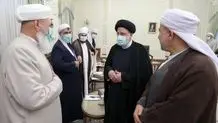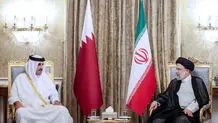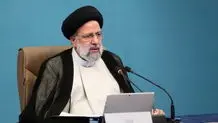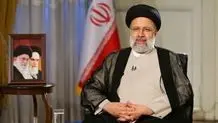Iran moves ahead with regional diplomacy
Less than a year into his presidency, President Ebrahim Raeisi succeeded in revving up Iranian regional diplomacy in a way that is expected to lead to more breakthroughs.
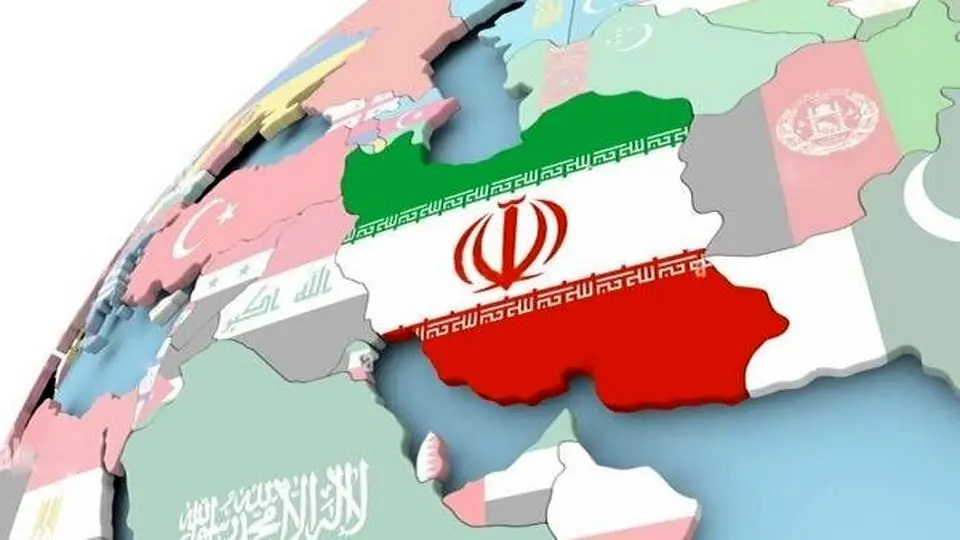
MEHR: Less than a year into his presidency, President Ebrahim Raeisi succeeded in revving up Iranian regional diplomacy in a way that is expected to lead to more breakthroughs.
The new policy came into effect right from the start. After taking office in August 2021, Raeisi announced that he prioritizes what came to be known as “neighborhood policy,” one that rests on fostering good neighborly relations with all neighbors and boosting ties with Eastern powers along with Europe.
The first breakthrough in this regard came when Iran was granted full membership of the Shanghai Cooperation Organization (SCO) after having long been on the sidelines of the regional economic bloc with observer status.
Iran’s membership in the SCO was quickly translated into more trade. The value of Iran’s exports to the members of the SCO increased 41 percent in the first 11 months of the past Iranian calendar year 1400 (March 21, 2021-February 19, 2022) compared to the corresponding time in the year 1399.
The Raeisi administration also closely followed the issue of signing long-term partnerships with Russia and China. President Raeisi paid a visit to Russia, and Foreign Minister Amir Hossein Abdollahian traveled to China. Both visits aimed to strengthen ties and elevate them to a new level.
In addition, the Raeisi administration remarkably improved ties with some of the Persian Gulf’s Arab states that have been at loggerheads with Iran over the last few years. After a lull of a few months in the talks with Saudi Arabia, the Raeisi administration resumed the talks and succeeded in moving them from the security level to the political one in the last round of talks held in Baghdad.
A senior Iranian lawmaker recently told Fars News that Amir Abdollahian will soon meet his Saudi counterpart in Baghdad to discuss bilateral issues, the exchange of embassies and regional issues, especially the Yemen crisis.
Some Arab media outlets even raised the possibility of a summit between Ayatollah Raeisi and Saudi Crown Prince Mohammad bin Salman.
Ayatollah Raeisi is expected to pay a visit to Oman soon and according to the Arab press, Raeisi also has a visit to the United Arab Emirates on his agenda. The president and his foreign minister both sent letters of condolences to their Emirati counterparts on the death of former UAE President Sheikh Khalifa bin Zayed. Amir Abdollahian offered condolences in person to new President Sheikh Mohammad bin Zayed. After his trip to the UAE, Amir Abdollahian said a “new chapter” opened in Tehran-Abu Dhabi relations.
Ayatollah Raeisi and Amir Abdollahian continue to build on their eight-month efforts to improve relations with neighboring countries as part of the forgoing neighborhood policy.
On Thursday, Ayatollah Raeisi received Azerbaijani Deputy Prime Minister Shahin Mustafayev. In the meeting, the Azeri official pointed to a previous meeting between Ayatollah Raeisi and his Azerbaijani counterpart Ilham Aliyev in Ashgabat and said, “Your meeting with Mr. Aliyev in Ashgabat is historic and has opened new pages in the history of relations between the two countries.”
On Friday, Amir Abdollahian also spoke over the phone with his Indian counterpart, Subrahmanyam Jaishankar.
“Among indexes of the growing relations are cooperation between the two countries to enhance ties in all fields as well as interactions and consultations on regional and international issues,” the Iranian foreign minister said in the call.
In turn, Jaishankar referred to the good level of cooperation and ties between the two states and expressed hope that the relations will be further enhanced in various spheres.
“Reaffirmed in our conversation the importance we both attach to advancing our relationship,” Jaishankar tweeted.
آخرین اخبار News را از طریق این لینک پیگیری کنید.

